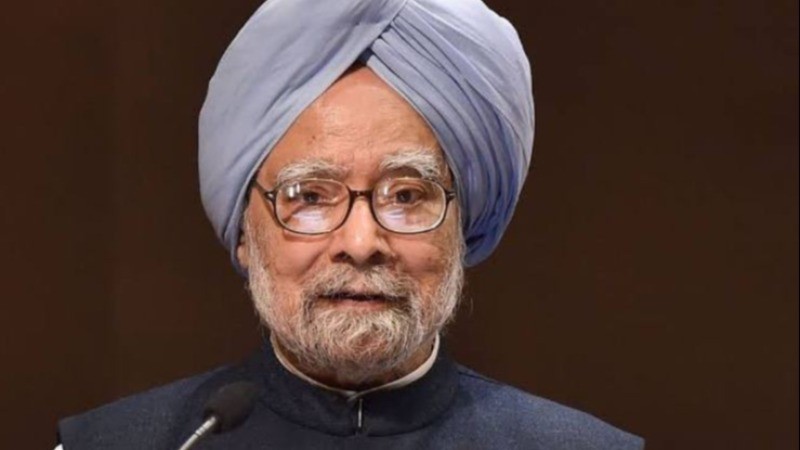
India mourns the passing of its former Prime Minister, Dr. Manmohan Singh, who died at 92. Known for his profound contributions to the nation’s economic transformation, Singh served as India's Prime Minister from 2004 to 2014 and earlier as Finance Minister during a critical period of economic liberalization.
Nation to Observe Seven-Day Mourning:
The Central Government is expected to announce a seven-day period of national mourning to honor the life and legacy of former Prime Minister Dr. Manmohan Singh, who passed away at the age of 92 on Thursday, according to sources. The former leader’s last rites will be conducted with full state honors, highlighting his significant contributions to the nation.
A Legacy of Economic Reform
Born on September 26, 1932, in Gah, a small village in undivided Punjab (now in Pakistan), Manmohan Singh rose from humble beginnings. He completed his higher education at Panjab University, followed by a master's degree at Cambridge and a DPhil at Oxford. His academic brilliance set the stage for his illustrious career in public service.
Singh first garnered widespread recognition as India’s Finance Minister in 1991, a time when the country was teetering on the edge of bankruptcy. His bold reforms, which included tax cuts, currency devaluation, privatization, and encouragement of foreign investment, revived the Indian economy.
Statesmanship and Leadership
Singh became India’s first Sikh Prime Minister in 2004, following Congress leader Sonia Gandhi’s decision to step aside from the role. Despite criticism that Sonia Gandhi wielded significant influence during his tenure, Singh earned respect for his humility and integrity.
One of his landmark achievements as Prime Minister was the historic nuclear deal with the United States, which ended India's nuclear isolation. However, it came at a political cost, as his government lost support from its Communist allies and faced allegations of vote-buying.
Challenges and Achievements
While Singh's first term saw remarkable progress, including robust economic growth and strengthened foreign relations, his second term was plagued by corruption scandals. These controversies tarnished his administration's image and contributed to the Congress party's defeat in the 2014 general elections.
Singh’s pragmatic approach to foreign policy also stood out. He continued peace efforts with Pakistan and made strides in resolving the border dispute with China, including reopening the Nathu La pass to Tibet after more than four decades.
Tributes to a Visionary Leader
Tributes poured in from across the political spectrum following his demise. Prime Minister Narendra Modi described Singh as a leader whose “wisdom and humility” left a lasting impression. Congress leader Rahul Gandhi called him a “mentor and guide,” while Priyanka Gandhi hailed him as “wise, strong-willed, and courageous.”
Manmohan Singh's life exemplifies the power of vision, intellect, and resilience. As the architect of India's economic resurgence, he leaves behind a legacy that will inspire generations to come.